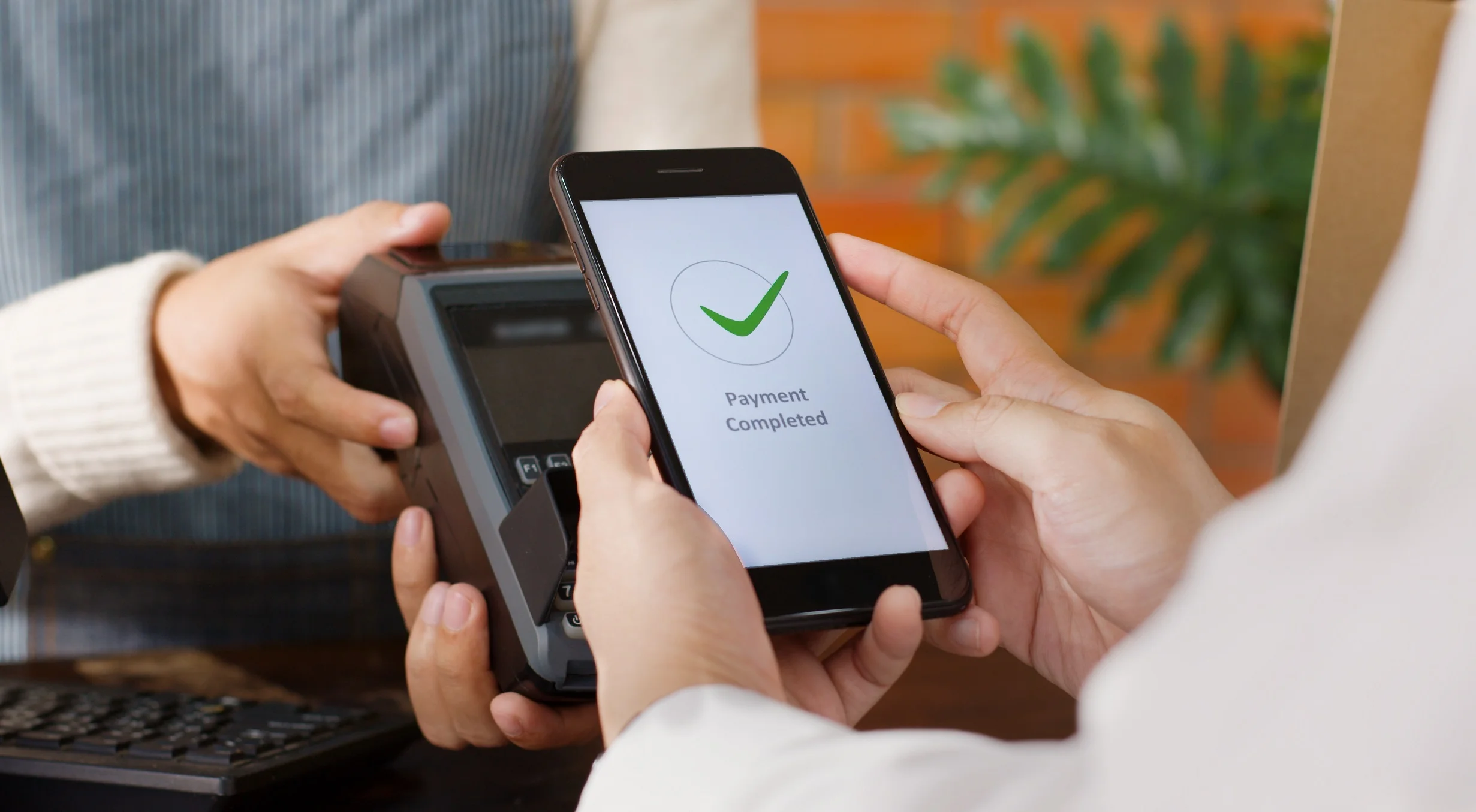

As a small business owner, managing energy costs can be a daunting and often overlooked task in the daily grind of running a business. However, energy expenses can quickly add up and have a significant impact on the bottom line. In today’s market, where energy costs are steadily rising, it is more important to utilize a Business Energy Comparison website to ensure you are getting the best rates and services available.
There are numerous strategies available for managing energy costs, from simple, low-cost measures to more complex, long-term solutions. The key is to find the right approach that fits the specific needs and goals of your business. In this blog post, we will explore some of the most effective strategies small business owners can use to manage their energy costs.
Understanding Your Energy Consumption
Managing energy costs is an essential aspect of operating a small business efficiently. As a business owner, it’s crucial to understand your energy consumption to identify areas where you can reduce your energy usage and save on costs. Understanding your energy consumption means analyzing your energy usage patterns, identifying high-energy-consuming equipment, and finding ways to optimize its usage.
By using an energy bill calculator and understanding how much energy your business consumes, you can make informed decisions about how to reduce your energy consumption, lower your energy bills, and improve your bottom line. Additionally, understanding your energy consumption can help you identify potential equipment malfunctions or inefficiencies that may be driving up your energy costs, allowing you to take corrective action before they become significant issues.
Identifying Opportunities for Energy Savings
Once you have a handle on your energy consumption, the next step is to identify opportunities for energy savings. There are a variety of ways to reduce energy costs in your business, and many of them can be implemented quickly and with minimal cost. Some common measures include the following:
- Avoiding peak-time energy use: Peak times for energy consumption vary from state to state, and some utility companies offer incentives for businesses that shift their energy usage away from these periods.
- Optimizing lighting: Lighting accounts for a large portion of business energy costs, so switching to LED lighting can help you reduce your bills. Additionally, making sure your lights are only on when needed can further reduce costs.
- Installing heating and cooling timers: Timers can help ensure that heating and cooling systems aren’t running when they don’t need to, which can save you money on your energy bills.
- Conducting regular maintenance on equipment: Regular maintenance is essential for ensuring the efficiency of all of your business’s equipment. Clogged filters, broken parts, and other minor issues can all lead to increased energy consumption and higher bills.
Additionally, small business owners can encourage energy-saving behaviors among employees by providing training on energy conservation and incentivizing energy-saving practices. By identifying and implementing opportunities for energy savings, small business owners can reduce their energy costs and contribute to a more sustainable future.
Investing in Energy-Efficient Equipment
Energy-efficient equipment is designed to consume less energy than standard equipment, allowing businesses to save money on their utility bills and reduce their carbon footprint. These savings can add up over time, making it easier for businesses to reinvest in their operations and stay competitive.
Energy-efficient equipment can include everything from lighting fixtures and HVAC systems to office equipment and industrial machinery. When selecting energy-efficient equipment, it’s essential to carefully evaluate the product’s energy efficiency rating, cost, and maintenance requirements to ensure that it meets the business’s needs and budget.
Adopting Energy-Saving Practices in Daily Operations
By reducing energy consumption, businesses can save money on their energy bills and contribute to a more sustainable future. Small changes like turning off lights and computers when not in use, using energy-efficient equipment, and setting the thermostat to an appropriate temperature can make a significant impact on energy bills.
Business owners can also consider investing in renewable energy sources, such as solar panels, to further reduce their energy costs. Also, businesses should focus on creating an energy-conscious culture among their employees by providing training and incentivizing energy-saving practices such as turning off lights when leaving a room.
Monitoring and Reviewing Your Energy Management Plan
Once you have implemented your energy management plan, it’s important to regularly monitor and review the strategy to ensure that it is working effectively. You should also stay up-to-date on new technologies and energy-saving strategies, as well as any changes to legislation or incentives that could impact your business.
One effective way to monitor your energy usage is to install energy monitoring equipment, which can provide real-time data on energy usage and help identify areas for improvement. Additionally, conducting regular energy audits and assessments can help you identify opportunities to improve your energy efficiency and reduce costs.
By regularly reviewing and adjusting your energy management plan, you can ensure that you are maximizing your energy efficiency and minimizing your energy costs, ultimately leading to improved profitability for your business.
Importance of Energy Management for Small Businesses
Energy management is an essential component of running a successful small business. Identifying opportunities for energy savings and investing in energy-efficient equipment can help reduce costs, improve profitability, and contribute to a more sustainable future. By understanding your energy consumption, setting up an effective energy management plan, and monitoring the plan regularly, you can ensure that your business is running as efficiently and cost-effectively as possible.
With the right energy management plan in place, small businesses can lower their energy costs, increase efficiency, and ultimately help create a more sustainable future. Moreover, they can take advantage of available incentives and rebates to make the transition to energy efficiency more affordable. By actively managing their energy use, small businesses can remain competitive in an increasingly challenging market.
In Conclusion
Managing energy costs is crucial for small business owners to maintain profitability and sustainability. By implementing the strategies discussed in this post, including conducting an energy audit, upgrading to energy-efficient equipment, and implementing energy-saving practices, small business owners can significantly reduce their energy consumption and costs.
Additionally, exploring renewable energy sources such as solar or wind power can offer long-term cost savings and environmental benefits. By prioritizing energy management, small business owners can create a more efficient and sustainable business while also contributing to a cleaner, healthier planet.








